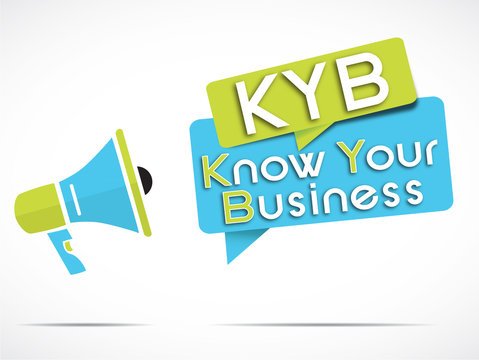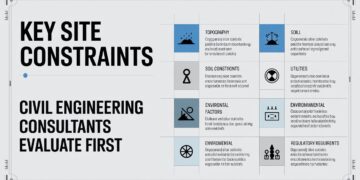Know Your Business Verification: Technology advancement opens new avenues of success for businesses, but online companies leave room for suspicious activities. Identity verification is a challenge in online financial businesses because using forged identities is an everyday norm. For instance, if you are making a business deal with an onboarding business without identity verification, it is a considerable risk. Furthermore, there is a possibility that the company may be a shell company or be funding terrorist groups.
The Financial Times reveals that online businesses are making UK businesses financially vulnerable to fraud. Implementing know-your-business compliance policies is essential to preventing monetary irregularities globally. Business verification of every onboarding business is significant to overcome criminal actions. Legislative authorities need to frame laws to restrict the inclusion of unverified companies in the financial sector.
What is “KYB” in the Corporate World?
“Know Your Business” refers to the verification of businesses. It verifies that the onboarding business is not engaged in money laundering or other illegal financial activities. Furthermore, it demonstrates the AML/CFT compliance mechanisms for crime reduction.
Significance of Verifying Businesses
Global businesses are operating at both a B2B and a B2C level for large conversions. For brand retention, companies invest more and deal with other organizations. Financial fraud can occur without the business verification of a partner company. It requires effective business verification services using automated tools. Financial industries, including stock exchanges, insurance companies, investment companies, etc., need verification to verify that no illegally obtained cash flows to offshore accounts. Drug trafficking and terror financing are becoming a threatening challenge for the world. Onboarding company verification is essential for preventing prohibited cash flows from entering the financial system.
Know Your Business Checks to Thwart Illegitimate Cash Flow
Money laundering is concealing illegal cash obtained from prohibited sources like embezzlement, corruption, kickbacks. Unverified companies get fake documents to enhance their financial credibility for business expansion. Undoubtedly, verifying companies is crucial, but AI-enabled models have made it easy for companies. Investment companies, the real estate industry, banking companies, etc., strictly follow know-your-business verification compliance procedures. The financial sector vigilantly verifies onboarding companies, business records, economic history, business location, etc., to counter financial swindlers.
The purpose is to curb illegal money transfers to foreign accounts. Companies often apply for financial loans by using counterfeit documents. Later, they transfer the illegally obtained money to foreign funds under the banner of another business deal. Know-your-business verification compliance protocols require stringent checks. A growing number of unlisted companies in the market endangers the financial sector and all financial activities. Several companies are doing drug business under the guise of B2B services.
Digitization for a Robust Process of Verifying Businesses
The role of artificial intelligence in the 21st century is irrefutable. Businesses are using automation to verify their stakeholders. To extract data, AI models and machine learning are required. API calls generate information extraction calls. Digital solutions are good at verifying data. AI models and machine learning aid in the extraction process. The obtained results are verified and stored in the system’s database. If the algorithms return messages with an error, it indicates fraudulent activity. Before the occurrence of financial corruption, companies should act responsibly. Companies must implement Know Your Business Verification online compliance policies. Global institutions are making the framework of user-friendly AI models for reliable and adaptable verification processes.
Know Your Business Global Legislation
The Bank Secrecy Act of 1979 is to control illegitimate funding like drug trafficking, etc. During the Vietnam War, drug trafficking was in full swing. According to the law, all the US fintech industries have to report the suspicious activities of fraudulent companies. The FATF and the World Bank have stringent regulations against financial criminals. The time has come for developing countries to take responsible action against money laundering and financial swindling. Banking channels and global regulatory authorities have proposed Enhanced Due Diligence (EDD) to bridle illegal financial practices.
Final Thoughts
The world is rapidly growing in the digital sector, where the financial industry is more vulnerable to fraudulent practices. Business verification lies at the bottom of financial integrity. The registered companies are unknowingly providing shelter to shell companies. The situation requires efficient methods to verify companies, including business UBOs, PANs, permanent addresses, etc. Undeniably, the verification of businesses is the requisite for smooth financing.

















